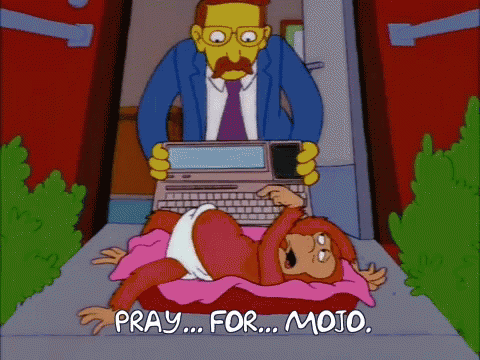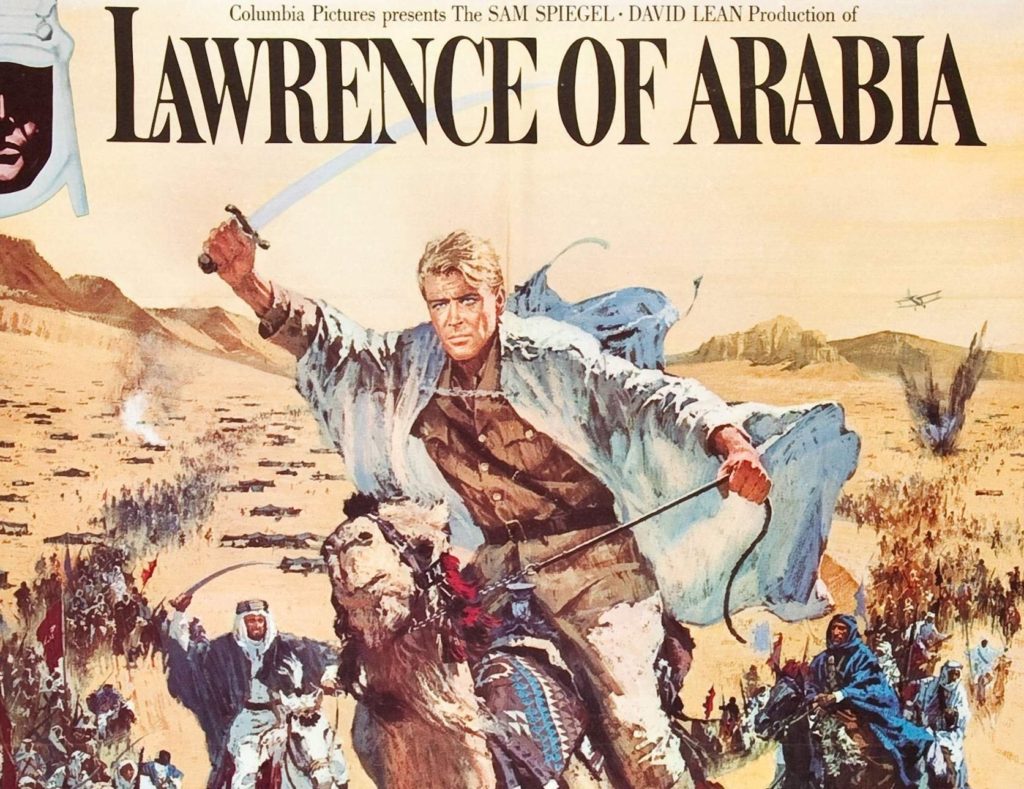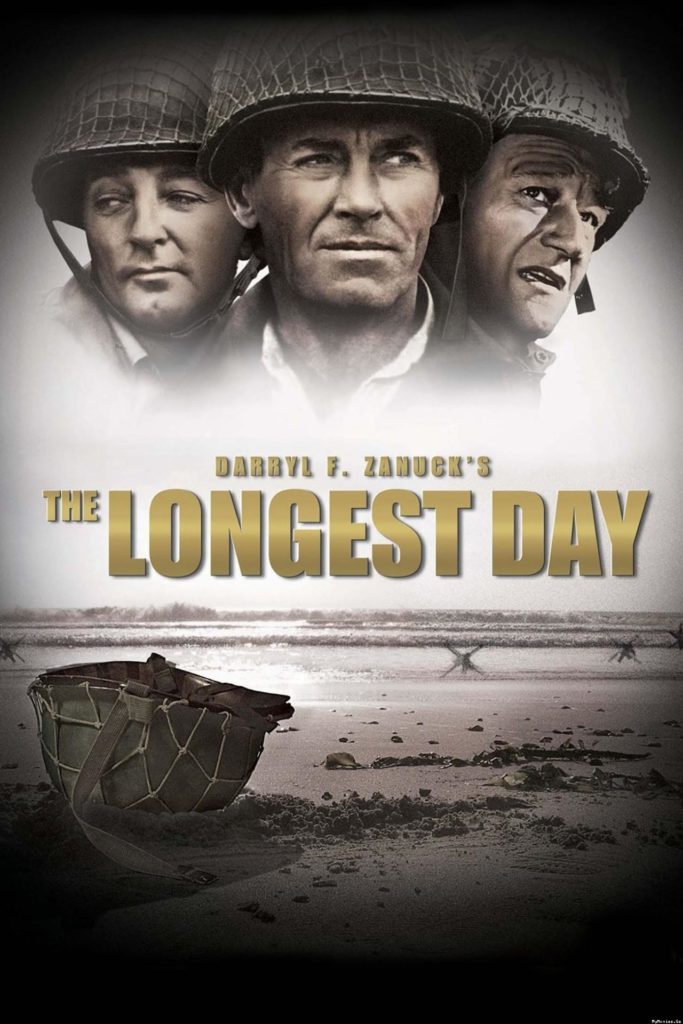1962
Buckle up, because for some reason both the Academy and the general audience were all about the longbois this year. The short one this year is just shy of three hours. But the long one is one of those Great Classics I never saw, and certainly The Bridge on the River Kwai was worth its runtime, and Gone With the Wind was… um…
Ah well. Here goes.
And The Oscar Goes To…
Lawrence of Arabia follows British soldier Lt. T.E. Lawrence (a heck of a debut role for Peter O’Toole) as he goes slightly rogue from British command in an attempt to build a unified Arab army to oppose the Ottoman Empire in World War 1. Well, the first two hours and change do, anyway. That’s the thing about these four-hour epics, they always have somewhere between twenty and forty minutes too much story.
Through acts of will and improbable fortitude, Larry Arabia gains the loyalty of the locals, builds his army, and wins some key victories over the Turks, then tries to get out before he loses himself to the violence and building worship. Command doesn’t go for it, so he goes back, with the hopes of leading the united tribes to Arabic self-rule… which the Crown doesn’t particularly agree with. Solid story for a movie! “White guy helps locals overthrow their conquerors, but his government sells out his big promises” is a movie, and it’s Charlie Wilson’s War, and it’s worth a watch. Instead, this movie goes to intermission (I cannot believe that I still have to skip over overtures and entr’actes, though I appreciate being able to shave off some time from these heckin’ chonkers), and we have about a Shrek’s worth of movie about Larry Arabia buying into his own hype, getting karmically slapped down for it, trying to get out again, being sent back in, going a little nuts, and failing to lead the tribes to self-governance. Did we need both his rise and fall? Even without an intermission splitting them up, these feel like two very different biopics.
It was weird that the first thing we see in the movie is Lawrence dying in a motorcycle accident 16 years after the events he’s known for. A reporter trying to suss out Lawrence as a man gets conflicting reports from various army men, and… look you don’t need a flash-forward telling us “Boy, that T.E. Lawrence, he was complicated, I tell you what,” you can just show us that. And they did, in Peter O’Toole’s performance and in the differing depictions of his victories: noble in part one, disturbing in part two. Although one of the last shots being Lawrence watching a motorcycle speed past him on a desert road makes for a wonderful callback.
Still… can’t fault the cinematography. Or the performances (with the note that two out of the three most important Arab characters are played by white actors, thanks history, you’re always terrible). Or the score, which I’d heard referenced so many times without knowing where it was from.
And Rotten Tomatoes Says: In the top 20 at number 16, I don’t think any of us are surprised by that. I’m a little surprised at what’s over it but, again, recency bias.
What’s Good, Hays Code? The Hays Code wanted to ban content that would provoke sinful thoughts. Lawrence going a little blood-crazy might qualify for that.
Okay, let’s move to a slightly shorter movie about the next war, which edged out Lawrence of Arabia by less than a million dollars.
The Box Office Champ
[Note to Future Dan: come up with joke about how the movie’s called The Longest Day and it’s nearly three hours long, try to make it different than other “this movie’s long” bits. Cordially, Past Dan]
The Longest Day is an in-depth look at the D-Day invasion of Normandy, from a range of perspectives: soldiers both high and low ranking, Allied and Axis. The German officers either bracing for or inappropriately blasé about impending invasion (and then scrambling in a failed attempt to organize a defense); French resistance sabotaging German communications; paratroopers sent behind the line the previous night; and members of the landing forces trying to get a solid foothold. Notable cast members include Robert Mitchum as the general trying to get America’s forces off of Omaha Beach; Richard Burton as a British airman; a not-yet-famous Sean Connery as a comic relief British private; Red Buttons being inappropriately goofy as a paratrooper whose chute got caught on a church steeple, giving him an excellent view of his unit being massacred by Germans in the streets; and America’s personification of tough-guy bravado, John Wayne, as the colonel in charge of what paratroopers survived landing.
I’ll give The Longest Day this. It is the most even-handed American made war movie I can think of, in that it’s not about how America stormed the beaches all on their own. Looking right at you, Saving Private Ryan. The film follows the Americans, British, French army, and French resistance, and also shows that the success of the invasion had as much to do with the Germans being unprepared and unable to mobilize quickly enough as it did Allied ingenuity.
That said… it’s a little self-congratulatory. The reasons my directors keep telling me to “stop mugging” or “be less glib” or “quit trying to be funny” isn’t because they’re trying to hurt my feelings… that’s more of a side benefit… it’s because sometimes when I do that I’m asking for the laugh, which just weakens the joke. The Longest Day asks for the gravitas. There are repeated scenes about how historic this all is (including officers on both sides saying it will be “the longest day”) that just cry out for the audience to see this as Significant. It’s the cinematic equivalent of Jeb Bush pausing a speech to say “Please clap.”
Sure it lacks the full-force spectacle of a Saving Private Ryan… the Normandy landings seem to involve fewer soldiers than the climactic charge at the end of 1917… but it was 1962. Not every movie could have the scale of a Gone With the Wind or Ben-Hur. And there’s one several-minute aerial long-shot tracking French troops advancing through the town of Ouistreham, with artillery explosions, gunfire, and dozens of extras that’s an impressive sequence by any standard.
What I wonder about is the context of when this movie was made. Despite the accurately horrific body count, it is about an Allied victory, and does have John Wayne assertively holding villages, so I can’t say it’s anti-war, even if I weren’t comparing it to the far more damning All Quiet on the Western Front. But it also wasn’t a big hoo-rah pro-war flick like Sergeant York or pro-military empty-calorie-fest like This is the Army, it was just trying to show us everything that went into the Normandy landings, both tactic and turn of luck, which happened to come out during a massive US buildup of troops in Vietnam, two years before the Gulf of Tonkin incident (both the real and imaginary parts) led to full US involvement in the war. It’s hard to place how to view this movie in the context of the US staring down the barrel of its least necessary war.
Anyway it’s alright and there are plenty of “Yay us” war movies that were big hits before and after it so I guess I don’t really have any questions about it ruling the box office.
And Rotten Tomatoes Says: 87% from critics, 90% from audiences. Sure, I’ve watched worse.
What’s Good, Hays Code? Huge body count but less fierce or gruesome than the pre-Code All Quiet, so I dunno, Hays might have been fine with this one.
Other Events in Film
- Marlon Brando took a turn leading a Mutiny on the Bounty. The 60s seem to be big on remaking movies from the 30s. This one managed to hit number five at the year’s total box office but still ended up considered a bomb, losing six million. Seems maybe they overspent.
- Gregory Peck took on his most iconic role as Atticus Finch in To Kill a Mockingbird, winning an Oscar in the process, and if you’re looking for something that’s nearly the polar opposite of that, also The Music Man came out this year. Patrick H. Willems had some good things to say about it and Hugh Jackman wanted to do it on Broadway just recently so I guess The Music Man is a classic and all, but in a post-Family Guy world I just cannot wrap my head around anyone singing “Shipoopi” unironically.
- I’ve never seen The Miracle Worker or The Manchurian Candidate but I feel I should mention they happened.
- John Wayne and Jimmy Stewart squared off in The Man Who Shot Liberty Vallance, but the matchup of the year to my thinking was the east vs. west showdown of Godzilla Vs. King Kong, and I’m sure you join me in eagerly anticipating the rematch on… some form of screen in 2021.
- Within a fortnight of Sean Connery helping storm the beaches in The Longest Day in the US, over in the UK he was debuting something a little more iconic.
Next Page: Sex Bombs



